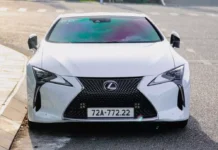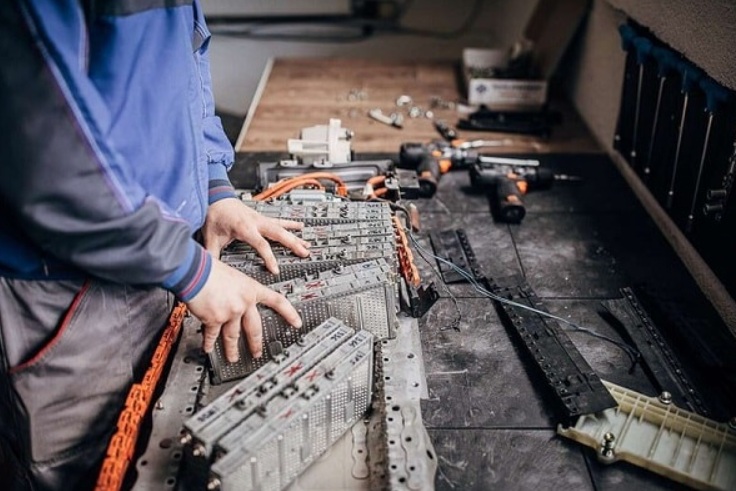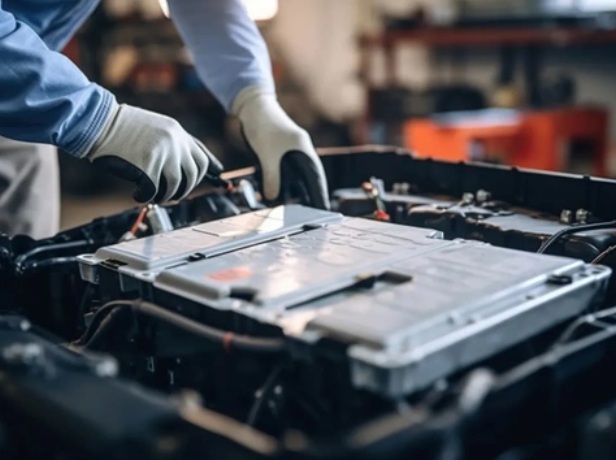The rise of electric vehicle adoption has brought about a promising new industry: electric vehicle battery recycling. This sector is experiencing impressive growth and its economic value is rapidly increasing.
According to Precedence Research, the global electric vehicle battery recycling market size is predicted to surpass $73 billion by 2034, an astonishing 15-fold increase from $4.81 billion in 2024.
Even after their useful life in electric vehicles is over, these batteries do not immediately become waste. They are assessed for their remaining capacity. If they can retain around 70-80% of their original capacity, these battery packs can be repurposed for other applications.
EV Pedia mentions that old electric vehicle batteries are being reused as energy storage for solar and wind power, or as backup power sources for homes, offices, and infrastructure, similar to UPS systems.
In the United States, General Motors has supplied used batteries to Redwood Materials, one of the world’s largest battery recycling companies, for a microgrid project considered the largest in North America. This microgrid currently powers Crusoe’s AI infrastructure in the state of Nevada.
In Europe, Kia has collaborated with Deutsche Bahn, Germany’s national railway company, to develop an energy storage system using old batteries. In a pilot project led by Encore, a Deutsche Bahn startup, Kia Soul EV battery packs were used to create a 72 kWh energy storage system for the EUREF-Campus complex in Berlin.
For batteries that have completely degraded, they will be disassembled and undergo a recycling process. The battery cells are treated using physical and chemical technologies to recover valuable metals such as lithium, cobalt, nickel, copper, and graphite, which are crucial for the production of new batteries.
There are three main recycling methods: pyrometallurgy, hydrometallurgy, and direct recycling. Pyrometallurgy is simple but has high material loss. Hydrometallurgy recovers more metals but requires complex wastewater treatment processes. Meanwhile, direct recycling is still in the development stage but shows promise for higher-efficiency battery regeneration.
What was once a modest industry, electric vehicle battery recycling is now considered a “gold mine” in the context of the global push for a green transition. Precedence Research forecasts the market size to reach $73.18 billion by 2034, with a staggering compound annual growth rate (CAGR) of over 30%.
Experts predict that the rapid increase in electric vehicle consumption will lead to a substantial volume of batteries requiring end-of-life treatment. This presents a strong incentive for businesses to enhance their recycling capabilities, develop new technologies, and expand their production scale.
Policy factors also play a crucial role. Many countries are promoting the electric vehicle industry through tax incentives, consumer subsidies, and stringent waste management regulations. Additionally, the scarcity of precious metal resources, high extraction costs, and environmental risks make recycling a strategic choice.
Some pioneering companies in this field include Redwood Materials (USA), a partner of General Motors, Toyota, Ford, and Volvo; Li-Cycle (Canada); and CATL and GEM (China).
While the world has already embarked on the electric vehicle battery recycling race, Vietnam is still in the early stages of building its ecosystem. Currently, no Vietnamese company has achieved a large enough scale to handle the growing number of electric vehicle batteries.
However, a transition is taking shape. During a press conference on Ho Chi Minh City’s socio-economic situation on July 24, Mr. Le Thanh Hai, Director of the Center for Applied Economic Research under the HIDS, mentioned that in the proposal to convert 400,000 gasoline-powered vehicles to electric ones in Ho Chi Minh City, the city has considered building a battery recycling center with a capacity of about 3,000 tons/year, capable of recovering 90-95% of precious metals.
Despite the challenges, Vietnam has a significant opportunity if it invests in appropriate technology and policies. As the economy moves towards sustainability, the electric vehicle battery recycling industry could become a new pillar of the country’s environmental industry.
Electric Dreams: Revolutionizing Recycling with a Visionary Center for EV Battery Renewal
“Ho Chi Minh City aims to take a giant leap forward in its transition to electric mobility and circular economy ambitions with plans to develop a state-of-the-art electric vehicle battery recycling center. The facility is designed to recover up to 95% of precious metals, setting a new standard in sustainable practices and positioning the city at the forefront of eco-friendly innovation.”











































